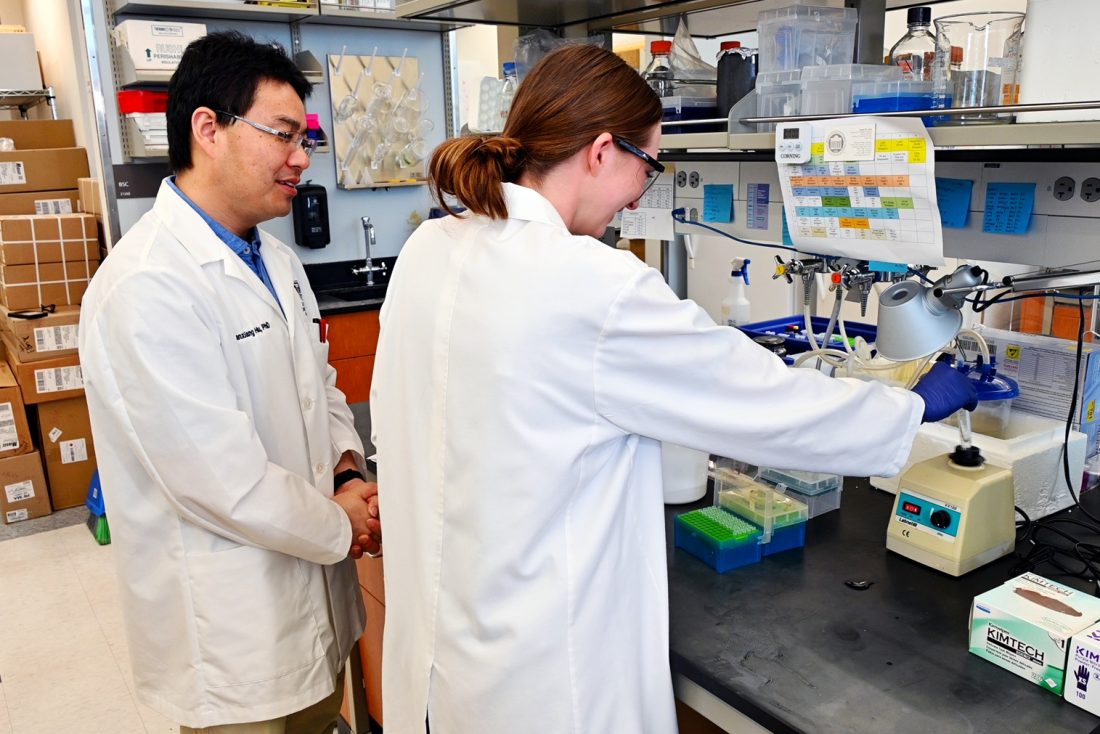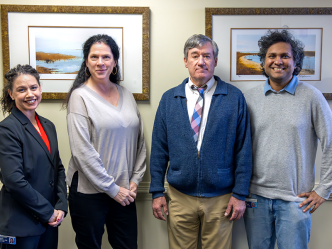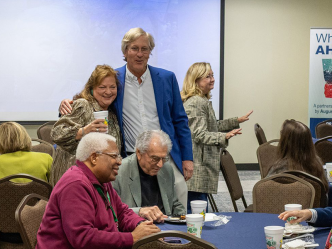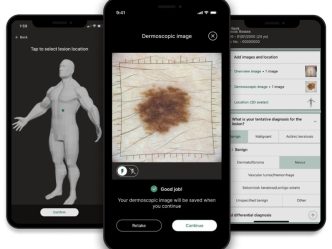While many students enjoyed a traditional summer vacation, one group of dedicated teens spent six weeks developing skills in cancer research at Augusta University. These students were the third class to take part in the Summer Research Experience program at the Georgia Cancer Center at Augusta University. It was a wonderful opportunity to trade lazy days for lab coats.
During their program, the cohort learned from scientists working in labs and in the community while learning how to talk about their science in easy-to-understand terms.
“Participants in these rigorous programs aren’t just observing; they’re actively engaged in the research process,” said Rhea-Beth Markowitz, PhD, director of Grant Development at the Georgia Cancer Center and a member of the Education and Training team. “Under the mentorship of leading researchers, they contribute to real-world projects spanning a diverse range of disciplines, from molecular biology and cancer immunology to bioinformatics and population health.”
Participants in the Summer Research Experience program came from a variety of academic backgrounds and schools across Georgia. But all shared a common interest in science, medicine and making a difference.
During the program, students worked on research projects focused on various types of cancer, including the relationship between the immune system and how it targets cancer cells for destruction. For most, this was their first time working in a professional lab setting. They learned how to design experiments, analyze data and talk about their science.
At the end of the six weeks, students presented their research projects to their families, colleagues and Cancer Center leadership during the closing ceremony. Their presentations highlighted not only the progress made during the summer but also the passion and potential each student brought to the experience.
“This summer has been life-changing,” said Eliana Benevides, a rising senior at Lakeside High School in Columbia County. “I came in curious about science, and now I’m leaving with a clearer sense of purpose. I want to help find answers to the big questions about DNA as a paleoanthropologist.”
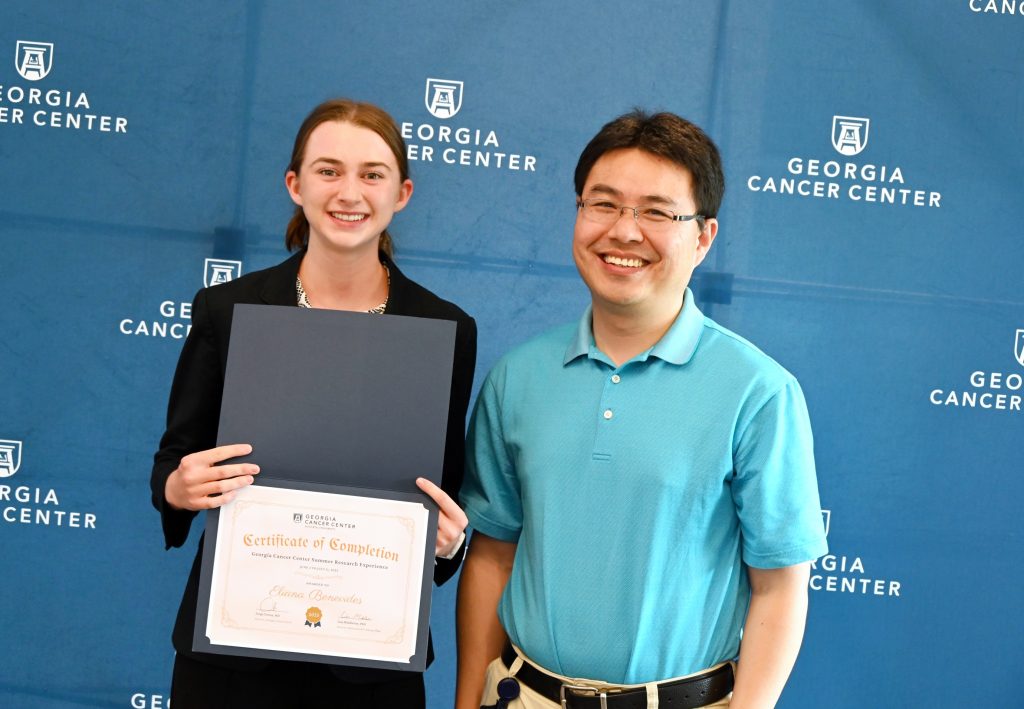
The Summer Research Experience is just one of the ways the Georgia Cancer Center invests in the future of science and medicine. By nurturing the next generation of researchers, the center continues its mission to reduce the burden of cancer in Georgia and beyond. These summer research programs are not just about training the next generation of scientists; they’re about empowering them with the knowledge and tools to make a tangible difference in the lives of future patients.
“Our goal is to spark curiosity and show students what a career in cancer research really looks like,” said Tianxiang Hu, PhD, an assistant professor at the Georgia Cancer Center. “They’re not just observing our work because we want this to be a hands-on opportunity to contribute to meaningful scientific inquiry. It was wonderful having Eliana in the lab because she brought a fresh energy and excitement to our work the entire time she was here.”
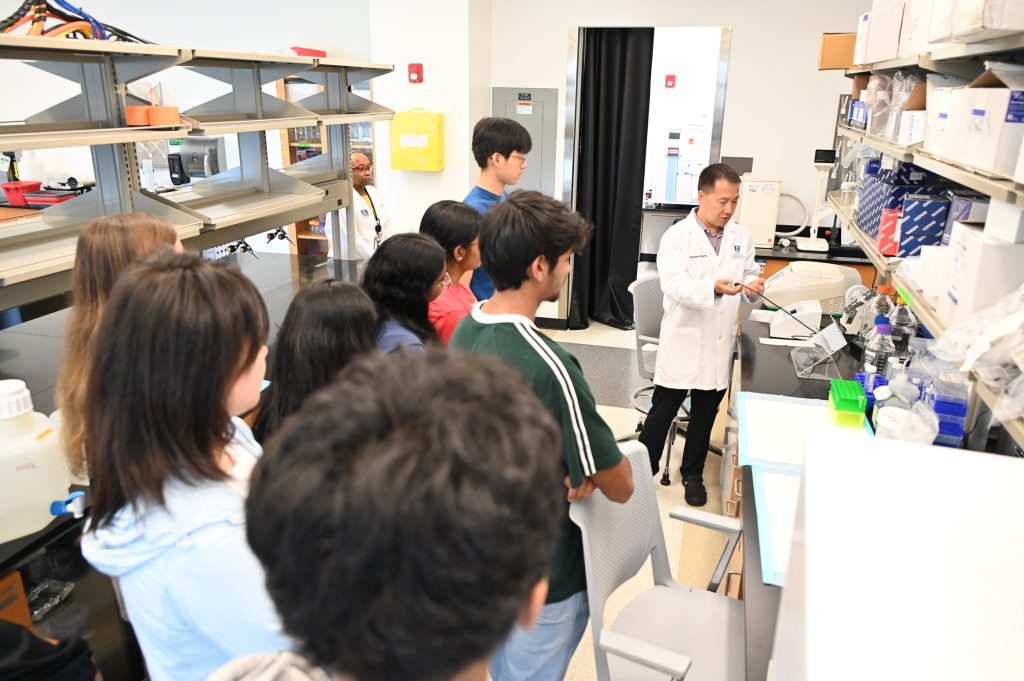
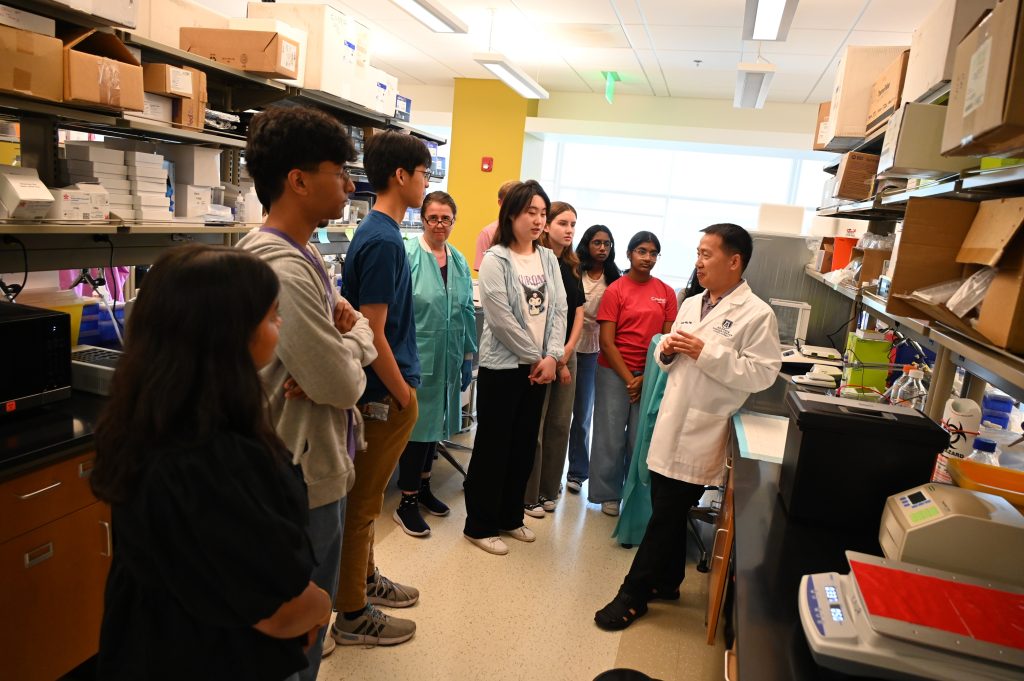
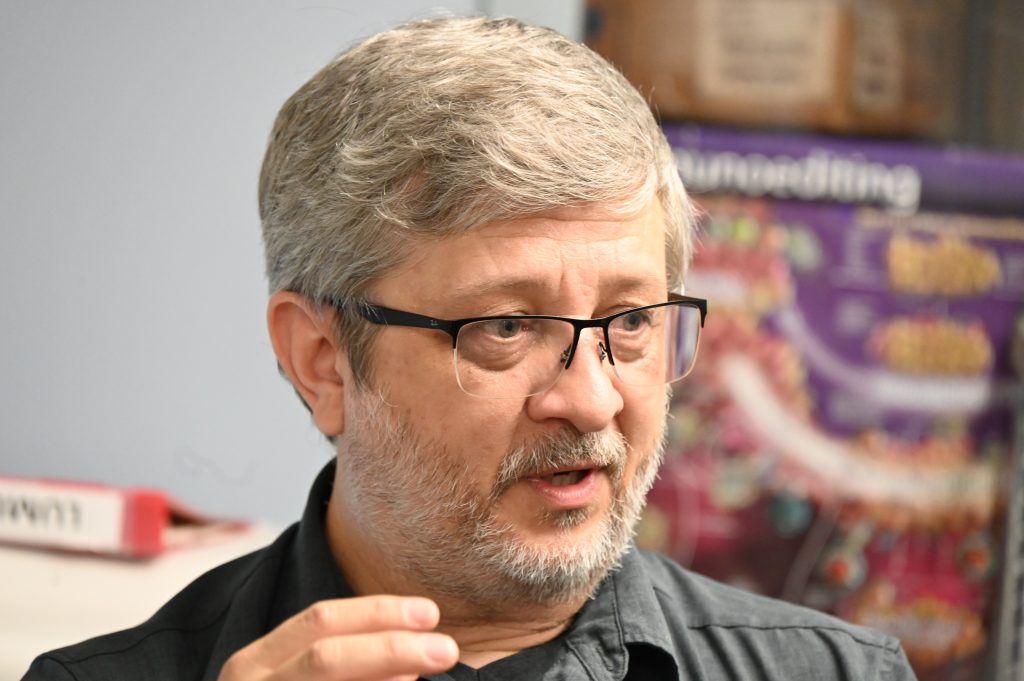
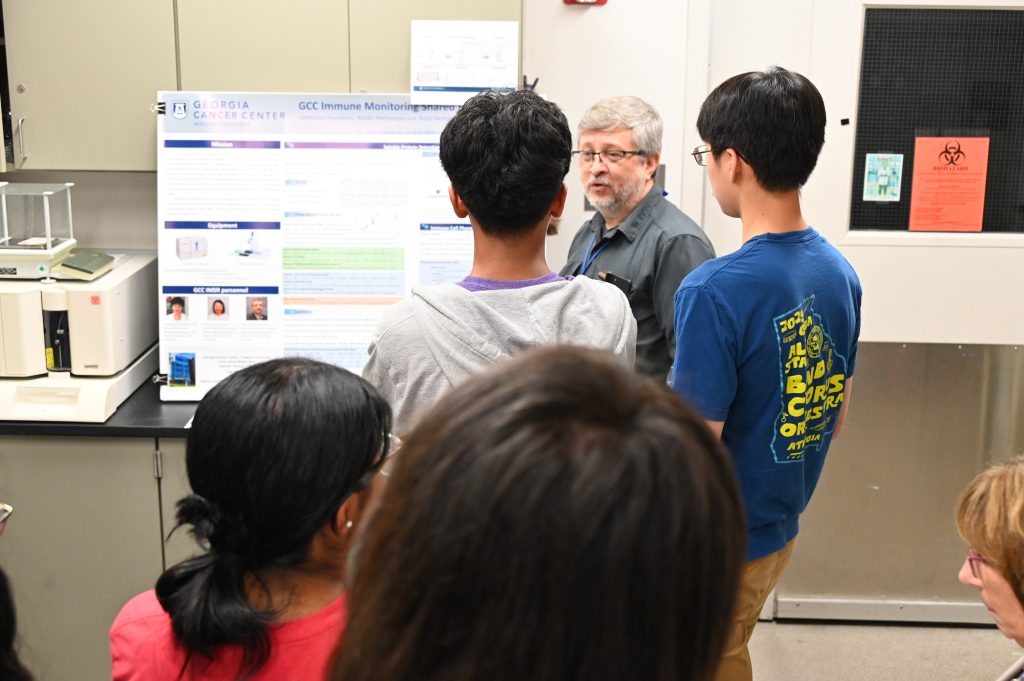
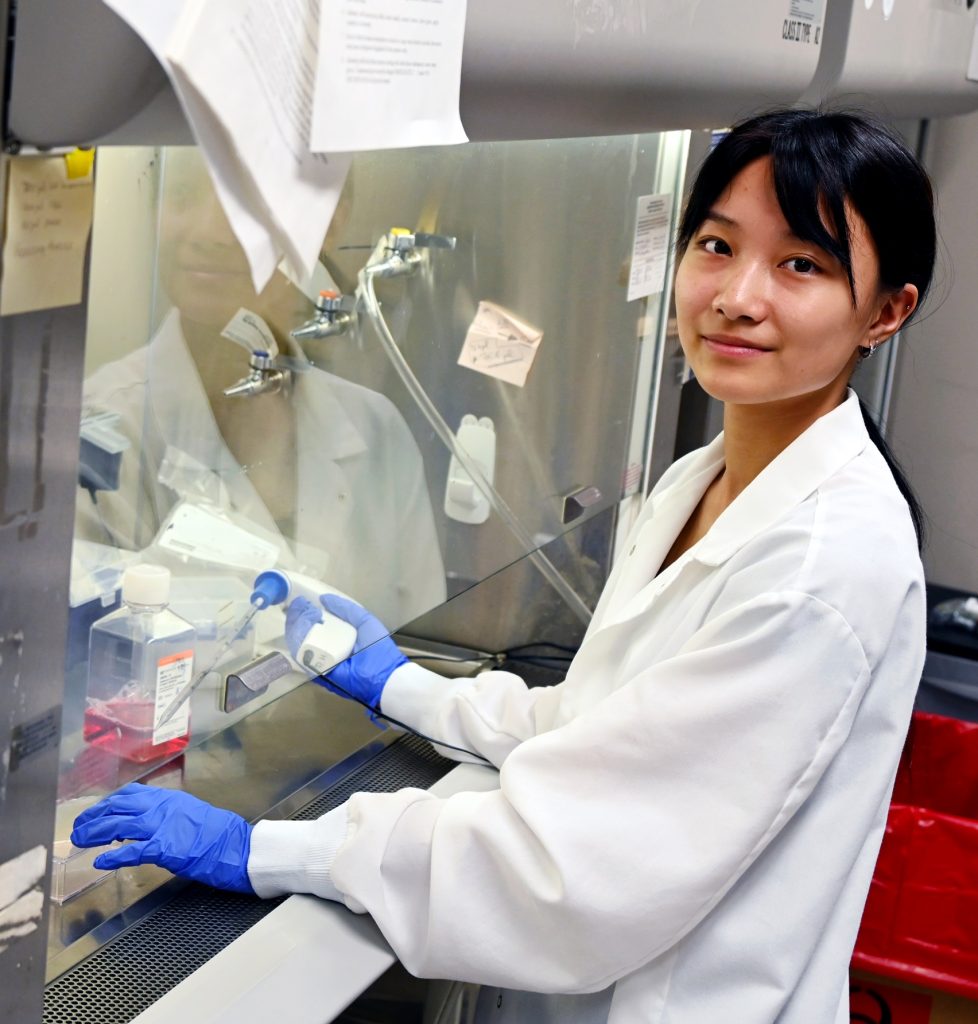
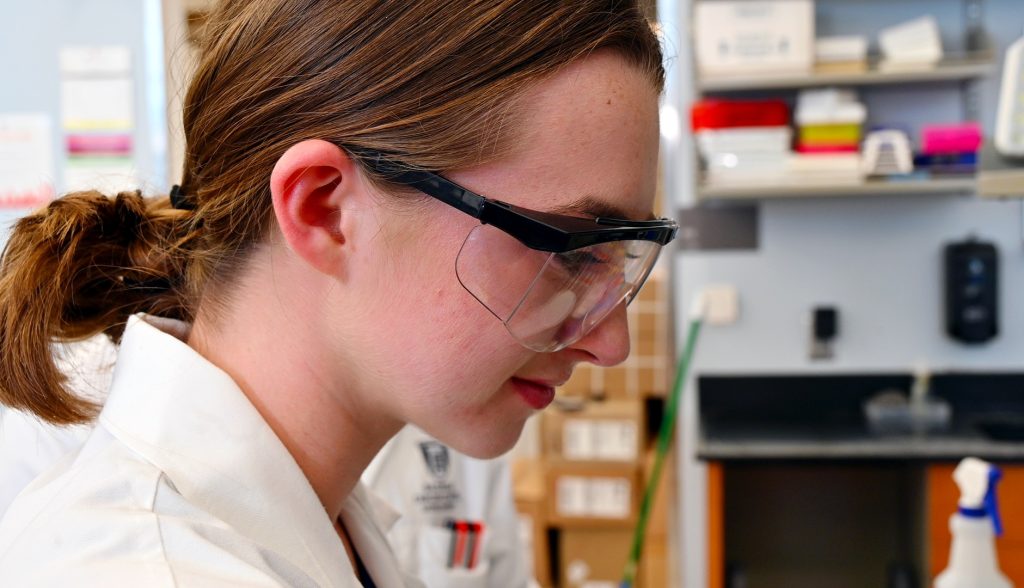
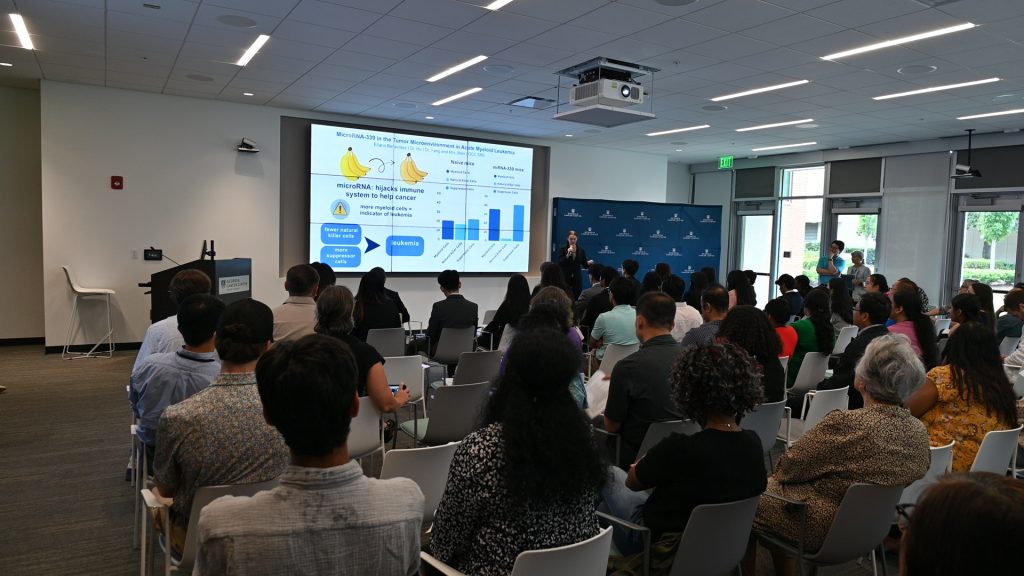
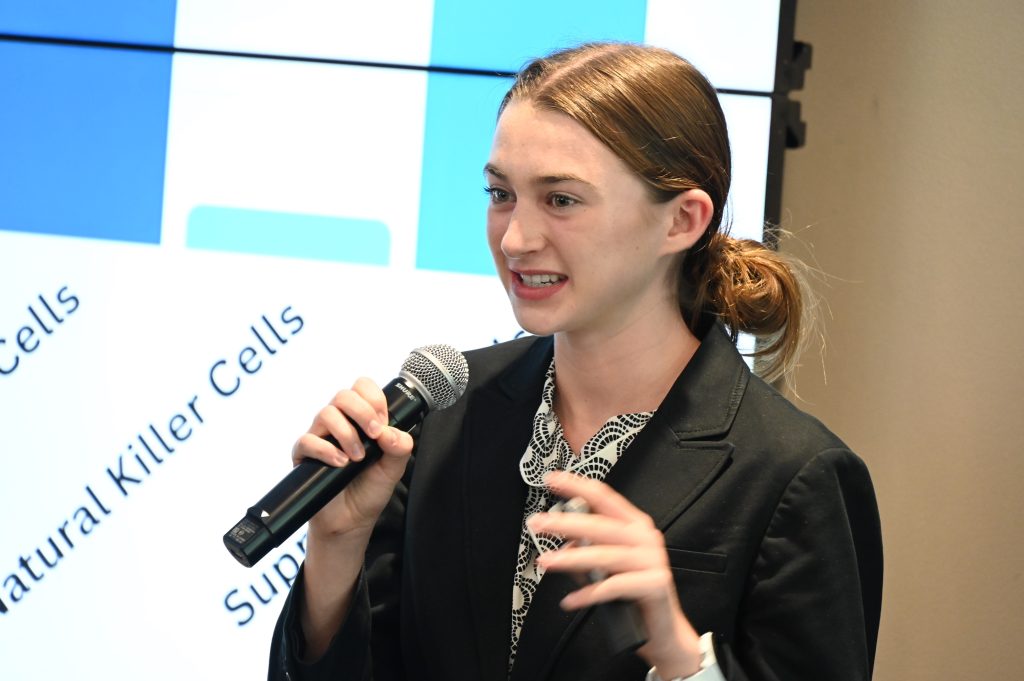
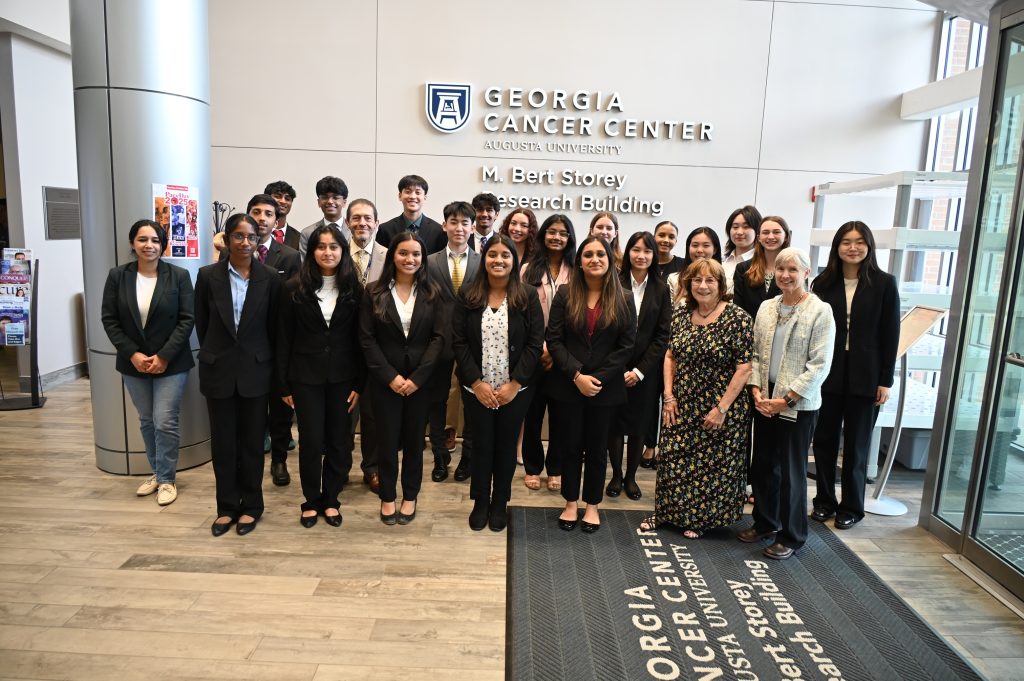
Students applying for the Summer Research Experience must be at least 16 years old by the start of the program for bench research projects in a laboratory setting. High school students under the age of 16 can apply to participate in bioinformatics or community-based research projects.
Interested participants should demonstrate interest in the biological sciences, especially in cancer research. Applicants are not required to have prior research experience. Priority is given to students from Richmond, Columbia and Aiken counties. A complete online application, including your most recent transcript, a personal statement (up to 250 words) describing what cancer research means to you and why you are interested in the program and two letters of recommendation (at least one letter should be from a teacher/guidance counselor) must be submitted.
“The commitment demanded by these programs is significant, but the rewards are immeasurable,” Markowitz said. “Students gain practical laboratory techniques, critical thinking skills and a firsthand look at the dedication required to advance cancer research. For many, this immersive experience solidifies their passion for science. Now, they head back to their regular classrooms with skills that will serve them well whether they pursue research, medicine or another path in the sciences.”
“It’s an amazing opportunity for those interested in the medical world or research in general,” Benevides said. “You’ll gain beneficial abilities, learn interesting information and get connections from mentors, presenters and peers that can help boost and prepare yourself for a future career.”
 Augusta University
Augusta University
